The Best Plant-Based Foods for Iron (2024)
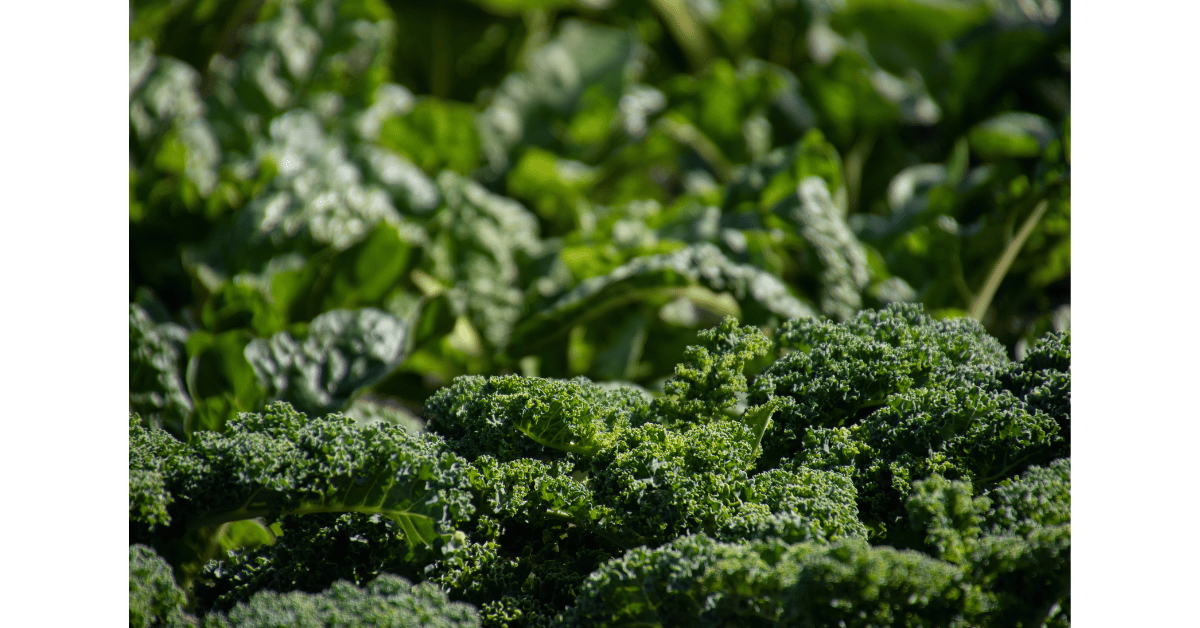
This article will explore the best plant-based foods for iron in 2024.
We will also discuss their nutritional benefits.
Finally, we will provide tips on incorporating them into your daily meals. This strategy will help you ensure a well-rounded and iron-rich plant-based diet.
Let’s get started.
Introduction to Iron And Its Importance In A Plant-Based Diet
Iron and Its Role In The Body
Iron is like the MVP of minerals when it comes to our bodies.
It plays a vital role in various bodily functions.
These include transporting oxygen, producing energy, and maintaining a healthy immune system.
It is commonly associated with animal-based foods. But, individuals on a plant-based diet need to get enough iron.
It is also crucial in transporting oxygen throughout our system.
It supports energy production and maintains a healthy immune system.
So yeah, it’s a big deal.
The Specific Iron Challenges For Plant-Based Eaters
Iron is typically associated with meat. (I bet you knew that!)
However, that doesn’t mean we abandon plant-loving folks.
Plant-based eaters need to be more mindful about their iron intake.
The body absorbs plant-based sources of iron differently than animal-based sources.
But don’t be afraid; plenty of plant foods pack iron to help you thrive!
Iron-Rich Plant Foods And Their Nutritional Benefits
An Overview of Plant-Based Iron Sources
Who says you can’t get your daily dose of iron from plants?
There are plenty of options out there that will make your taste buds dance.
They will also boost your iron levels.
Think legumes, grains, nuts, seeds, and those vibrant dark leafy greens.
The Benefits of Choosing Plant-Based Iron
Choosing plant-based iron sources comes with a whole lot of perks.
These foods provide us with a good dose of iron. They also come packed with other essential nutrients like fibre, antioxidants, and vitamins.
Plus, they’re often low in saturated fats and high in heart-healthy goodness.
It’s a win-win situation.
Legumes: A Powerhouse of Iron For Plant-Based Eaters
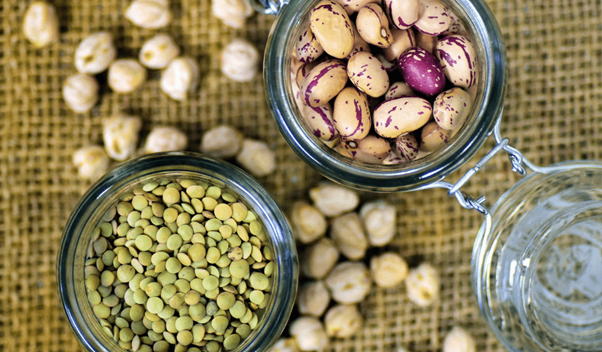
The iron content of Legumes
Legumes are like the superheroes of the plant-based world of iron.
Not only are they rich in this mineral, but they also provide you with a good dose of protein and fibre.
Beans, lentils, and chickpeas are iron powerhouses.
Beans containing iron are white beans and red kidney beans.
Even tofu, made from legumes, can give Popeye a run for his money.
How to Incorporate More Legumes Into Your Diet
Eating more legumes doesn’t have to be a daunting task.
You can whip up some delicious bean soups.
Toss chickpeas into your salads.
Make lentil-based veggie burgers, or even try some homemade hummus.
Dark Leafy Greens: Nature’s Iron-Packed Superstars
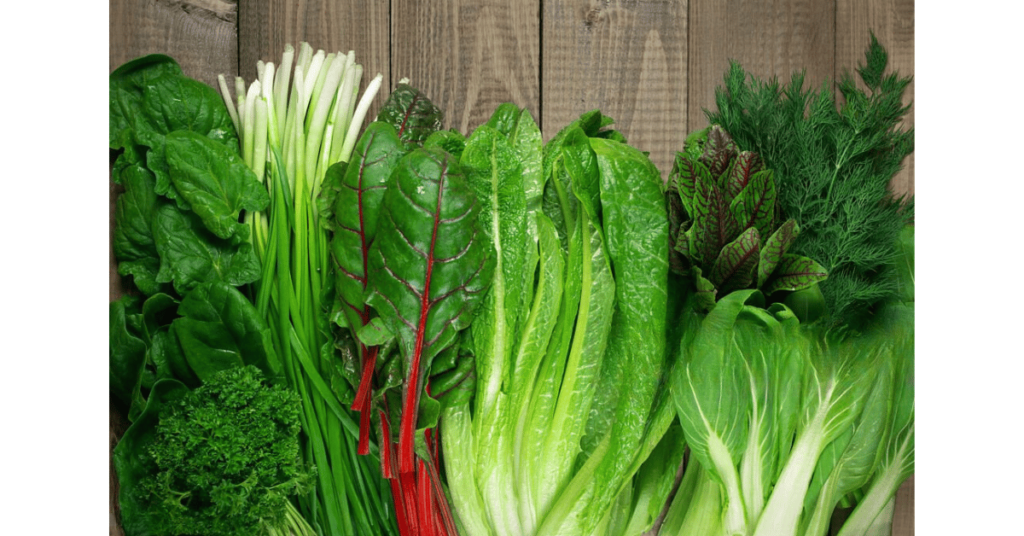
The Top Iron-Rich Dark Leafy Greens
Move over junk food.
Dark leafy greens are here to save the day, one iron-rich bite at a time.
Spinach, kale, Swiss chard, and broccoli are a few examples of these green gems. Iron and a whole bunch of other nutrients load them.
They may not wear capes, but they sure should!
Creative Ways to Enjoy Dark Leafy Greens
If the thought of munching on plain kale leaves doesn’t excite you, fear not—we’ve got some tricks up our sleeves.
You can sauté those greens with garlic.
You can also add them to smoothies. Additionally, you can throw them into pasta dishes.
You can even make crispy kale chips as a guilt-free snack.
Get creative and enjoy the iron-packed goodness!
Nuts and Seeds: A Delicious Source of Iron For Vegetarians And Vegans
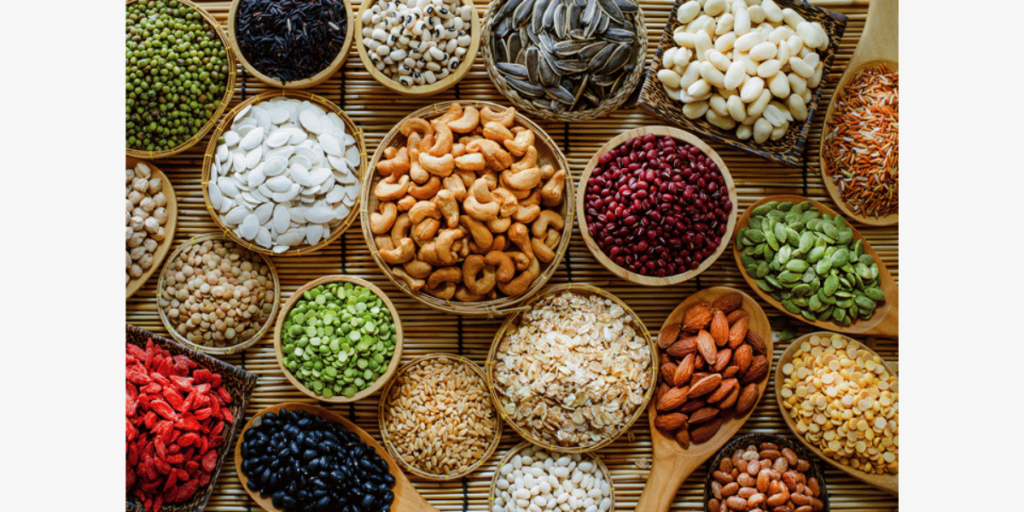
Nuts and seeds are tasty snacks and pack a punch for iron content.
They are a great source of iron for those following a plant-based or vegan diet.
Next time you’re looking for a crunchy and nutritious bite, reach for a handful of nuts.
You can also sprinkle some seeds on your meal.
Common Nuts And Seeds High In Iron
Certain nuts and seeds are exceptionally high in iron.
They are excellent choices for boosting your iron intake.
Almonds, cashews, and pistachios are rich in iron and offer a satisfying crunch to any dish.
Meanwhile, sesame, flaxseeds, pumpkin, and hemp seeds are nutrient powerhouses. They can provide you with a good dose of iron.
Incorporating Nuts And Seeds Into Your Plant-Based Meals
Adding nuts and seeds to your plant-based meals is a breeze.
You can toss them into your salads for an extra crunch. You can also blend them into your smoothies for added creaminess.
You can also use them as toppings for roasted vegetables. You can also sprinkle them over your morning bowl of oatmeal.
Experiment with combinations to find your favourite way to enjoy these iron-rich goodies.
Whole Grains: A Lesser-Known Iron Source for Plant-Based Foods
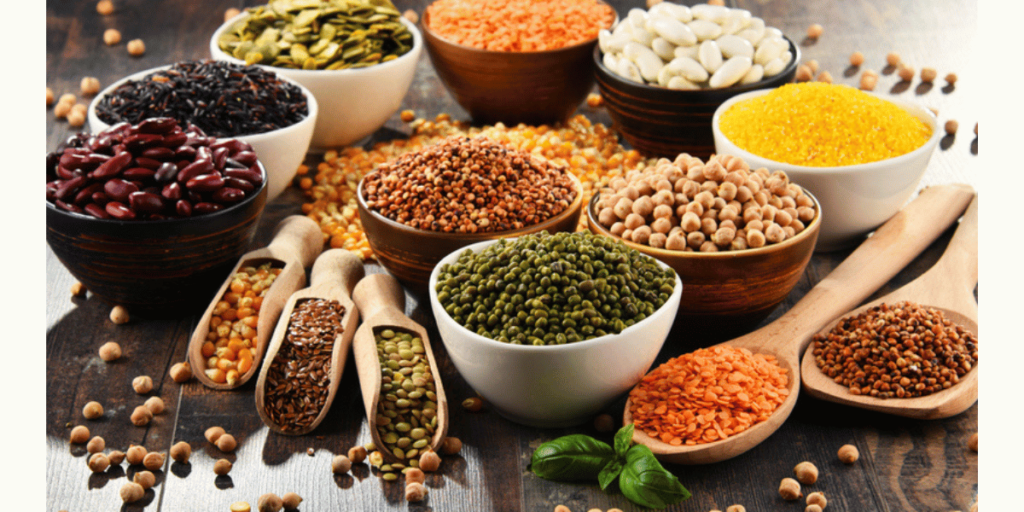
Regarding iron, there is no consideration of whole grains.
People favour other plant-based foods.
However, they are a hidden gem for those seeking iron-rich options. So, it’s time to give whole grains the recognition they deserve for their iron content.
The Iron Content of Whole Grains
Whole grains contain significant iron, such as quinoa, brown rice, and oats. They are also delicious.
These grains are not refined like their white counterparts.
Therefore, they keep more of their natural nutrients, including iron.
Adding whole grains to your plate can provide an excellent iron source.
It can also add variety and flavour to your plate.
Tasty Ways to Include Whole Grains For Iron Intake
There are endless possibilities for incorporating whole grains into your plant-based meals.
You can eat a hearty quinoa salad with vegetables for a nutritious lunch. You can also swap your regular white rice for nutty, wholesome brown rice.
Another idea is to start your day with a warm bowl of oatmeal. You can have fresh fruits and nuts with it.
Feel free to experiment with different recipes. Explore the world of whole grains for your iron needs.
Combining Plant-Based Foods For Optimal Iron Absorption
Absorbing iron from plant-based foods can be tricky.
This process occurs because some factors inhibit its uptake.
However, you can enhance iron absorption with some simple tips and tricks. These tips ensure you get the most out of your iron-rich plant foods.
Factors Affecting Iron Absorption In Plant-Based Diets
Certain factors can hinder iron absorption from plant-based sources.
Compounds like phytates and tannins in foods can interfere with iron uptake.
Refrain from consuming tea, coffee, and some grains.
However, you can adjust your diet to optimize iron absorption. Be mindful of these factors.
Tips For Enhancing Iron Absorption through Food Combinations
To enhance iron absorption, you can pair iron-rich plant foods with sources of vitamin C.
Foods like citrus fruits, berries, and leafy greens are excellent choices.
Adding lemon juice to your iron-rich dishes can significantly improve iron absorption.
You can also enjoy a spinach salad with a tangy orange dressing.
Avoiding tea or coffee with iron-rich meals can also help maximize iron absorption.
So, get creative with your food combinations and boost your iron intake.
Tips For Incorporating Iron-Rich Plant Foods Into Your Daily Meals
You can find it manageable to include iron-rich plant foods in your meals each day.
By planning and being creative, you can balance iron intake on your plant-based diet.
Strategies For Meal Planning With Iron-Rich Plant-Foods
When planning meals, consider including various iron-rich plant foods throughout your week.
You can include legumes like chickpeas and lentils.
You can also include dark, leafy greens like spinach and kale. The list also encompasses the nuts, seeds, and whole grains mentioned earlier.
Diversify your choices to increase your iron intake. You’ll also enjoy a range of flavours and textures in your meals.
How to Ensure A Well-Rounded Iron Intake On A Plant-Based Diet
As a plant-based eater, check your iron intake. And ensure that you’re meeting your daily requirements is essential.
Consider tracking your iron intake initially to understand how much you’re consuming.
Consult a nutritionist or dietitian if needed. They can facilitate a well-balanced meal plan for your iron needs.
Also, listen to your body.
Be open to adding new plant-based foods to your diet. This observation will help ensure you get enough iron and other essential nutrients.
Remember, embracing a plant-based lifestyle can be delicious and nutritious.
These iron-rich plant foods and clever combinations enhance absorption. You’ll have no problem getting the necessary iron to thrive.
So, explore the wonders of plant-based iron sources.
Conclusion
To maintain optimal health, incorporate iron-rich plant foods into your diet.
This addition is especially true for those following a plant-based lifestyle.
We’ve taken you through the best plant-based foods for iron in 2024.
Now it’s your turn…
Are you including the best plant-based foods for iron in your meals?
Leave your comment below right now.
FAQ
Can plant-based foods provide enough iron for my daily needs?
Plant-based foods provide enough iron for your daily needs.
Iron from plant sources, also known as non-heme iron, is not absorbed as effectively as heme iron from animal sources.
However, there are several iron-rich plant foods available.
You can meet your iron needs on a plant-based diet. Include a variety of iron-rich plant foods.
Are There Any Specific Factors That Can Hinder Iron Absorption From Plant-Based Foods?
Yes, some factors can hinder iron absorption from plant-based foods.
For instance, whole grains, legumes, and some vegetables contain certain compounds like phytates.
These compounds can inhibit iron absorption.
Pair iron-rich plant foods with vitamin C-rich foods. These include citrus fruits, bell peppers, and broccoli. By doing so, you can enhance iron absorption.
Cooking methods and food processing techniques can also influence iron availability.
Is It Necessary To Take Iron Supplements On A Plant-Based Diet?
Most people can get enough iron from a balanced plant-based diet. They don’t need supplements.
But, certain groups may need supplementation under the guidance of a healthcare professional.
These groups include pregnant women. They also include individuals with heavy menstrual bleeding and those with iron deficiency.
Regular blood tests can help determine if iron supplementation is necessary.
Can Too Much Iron From Plant-Based Foods Be Harmful?
Excessive iron intake from plant-based foods is unlikely to be harmful.
The body has natural regulation mechanisms to prevent iron overload.
However, individuals with specific conditions, like hereditary hemochromatosis.
They should watch their iron intake more closely.
Consult a nutritionist or dietitian if needed.
They will ensure you are meeting your individual nutritional needs.
